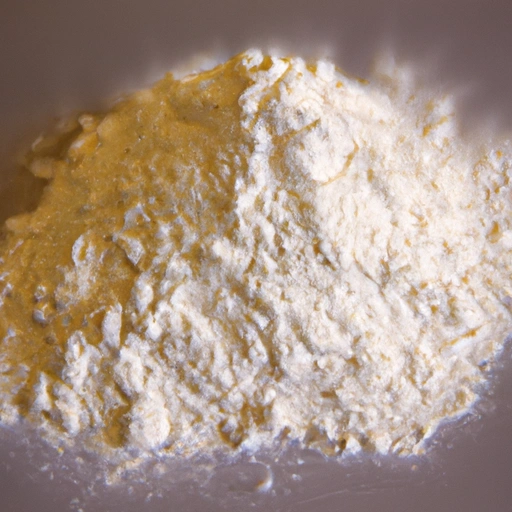Maida
Description

Maida is a finely milled, refined, and bleached wheat flour, commonly used in South Asian cooking. It is similar to what is known in Western countries as cake or pastry flour. In various recipes, maida is measured in grams or kilograms, while in American recipes, it might be measured in cups, tablespoons, or ounces. European recipes may call for maida in grams or millilitres, as they follow the metric system.
Common uses
Maida is widely used as a base for breads, pastries, and various other baked goods. It’s also commonly used as a thickener in sauces and soups, as a batter for deep-fried foods, and in making traditional flatbreads.
Nutritional value
Calories
Approximately 364 calories per 100g.
Protein
About 10 grams of protein per 100g.
Fat
Less than 1 gram of fat per 100g.
Carbohydrates
Around 76 grams of carbohydrates per 100g.
Vitamins
Contains small amounts of B vitamins.
Minerals
Includes trace minerals such as iron and magnesium.
Health benefits
While maida is low in fat and contains some protein, it is not considered a health food due to its high carbohydrate content and low fiber. In moderate amounts, it can be part of a balanced diet.
Potential risks
Excessive consumption of maida can lead to weight gain, blood sugar spikes, and an increased risk of chronic diseases. It is also low in fiber, which may affect digestion.
Common recipes
Maida is used to make a variety of items including breads like naan and parathas, sweets like gulab jamun and jalebi, and snacks like samosas and kachori.
Cooking methods
It can be used in baked, fried, steamed, and griddled cooking methods.
Pairing with other ingredients
Maida pairs well with sugar, yeast, dairy, and is often used in recipes requiring a light, airy texture.
Summary
Maida is a versatile white flour used extensively in South Asian and international cuisines for its fine texture and ability to produce soft, tender products. While it offers certain culinary advantages, its nutritional profile suggests moderation in consumption.